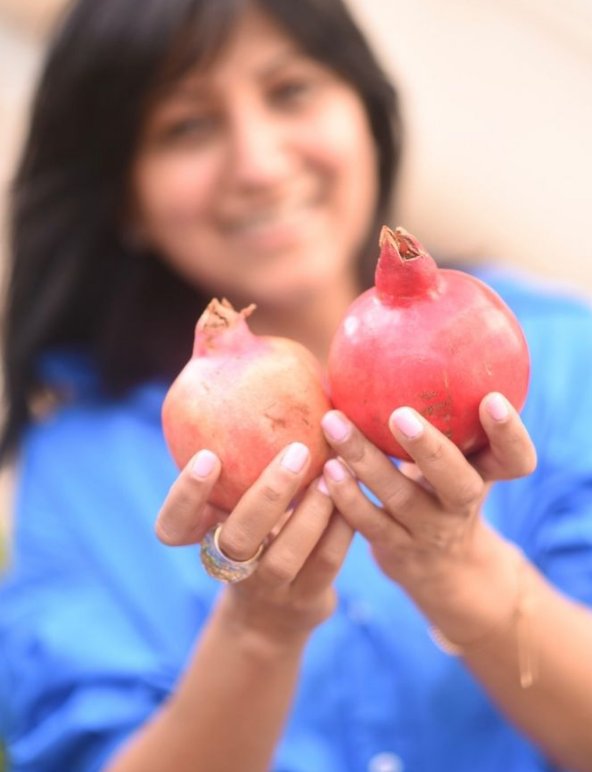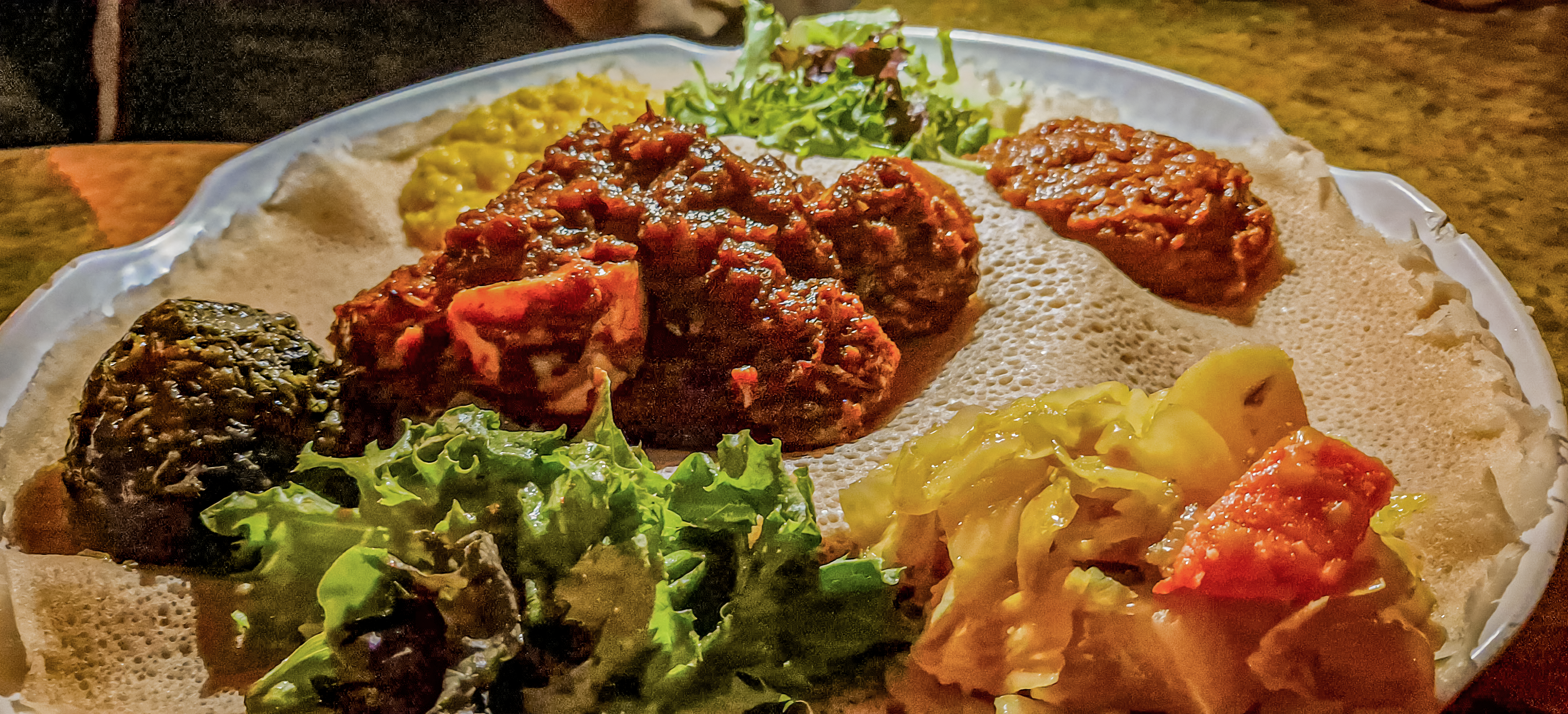In the United States, it is commonly understood that blackface—when someone darkens their skin to look like a Black person as part of a costume or performance—has racist roots going back to the early 19th century, when Black people were held as slaves. Americans know (or should know) not to paint their face black at any time, for any reason. In Israel, however, there remains a great deal of ignorance about and even acceptance of blackface.
White actors regularly appear in blackface on Eretz Nehederet, Israel’s version of “Saturday Night Live.” Last summer, an Israeli model did a photoshoot dressed as Kobe Bryant, complete with blackface, as a “tribute” to the late basketball star. (He later apologized for it.) And this year for Purim, an Israeli plus-size model named Simcha Gueta painted her face, torso, and arms black to portray Oprah Winfrey on the television show Erev Tov.
Some news outlets called out Gueta and the show’s host, Guy Pines. But to my surprise, many Israelis came to their defense, justifying the model’s costume by saying it was all in good fun. And while this was bad enough, I was most disturbed by how my fellow Ethiopian Jews defended the choice, too.
In an Ethiopian-Israeli women’s Facebook group that I belong to, several people commented that there was nothing wrong with blackface and, therefore, nobody should be offended by it. One person wrote: “This isn’t racist. Not everything is about race. It’s just a costume, and it’s a mitzvah to dress up on Purim. You’re just looking for a reason to get offended.” Another wrote: “I’m aware that blackface has been an issue in the past in the United States, but I think we need to calm down. We live in Israel, and her costume looked perfect.” And another: “Wow, what happened? It’s Purim, and it’s a nice costume. Not everything needs to be related to racism. It’s exhausting. What a shame to spend your energy on this.”
A word to my fellow Ethiopian Israelis: Just because you are Black yourself doesn’t mean you get to decide for all Black people around the world what is racist or not. Blackface is not part of our history. It is not our trauma. And, therefore, it is not our place to dismiss the pain that it causes to other Black Jews and to non-Jewish African Americans.
Imagine if a non-Ethiopian Israeli tried to justify calling you “falasha” (which means “stranger” in Amharic and is considered derogatory). Would you respond by saying, “Not everything is about race, it’s just a word”?
It’s troubling to me that people tend to speak out against injustice only when their own community is impacted. I am disappointed by anybody who would defend or justify blackface, but especially Jewish people. Jews do not accept antisemitic costumes, even if they are worn for fun or with “good intentions,” because the costumes perpetuate harmful stereotypes and biases. Ethiopian Jews who justify blackface are not practicing the respect that they expect others to show towards our community, or the Jewish community at large.
After I shared my thoughts in the Ethiopian-Israeli women’s Facebook group, I was gratified that a couple of people reached out to me to ask why blackface is wrong and how they can educate themselves about it. There is no way that any of us can know what is considered offensive in every society. Living in the U.S., I learn each day that many things that I assumed were acceptable to say or do can be offensive to other communities.
It is our responsibility as Jews to educate people about how acts like putting on blackface demean and hurt others. We need to do better.







